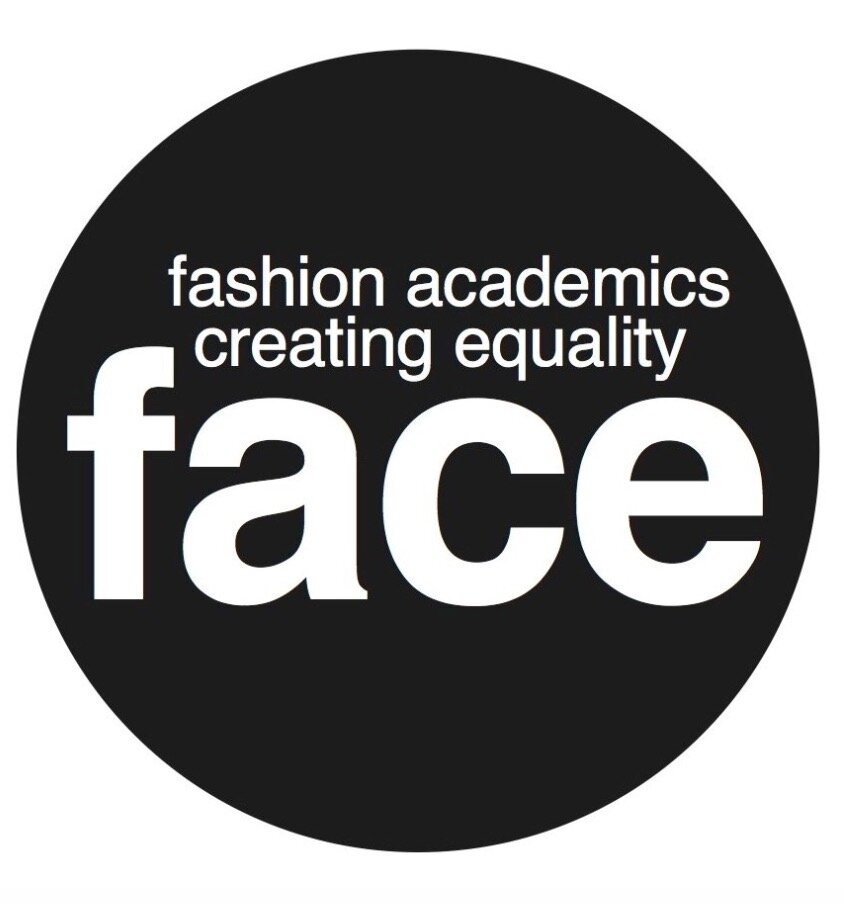Legal and Ethics
February 2022. FACE Associates
Call for Best Practice - Decolonising the Curriculum
The FACE Module Handbook template will assist university courses when validating, revalidating or designing modules. Institutions will be expected to align with FACE values to create level appropriate content that is anti-racist with de-colonised critique of the subject area.
Content creation stage: Call for examples
FACE Associates from Ulster, Edinburgh, Chester and Northumbria who are academics and students in co-creation with FACE, have created a pool of best practice from their own newly validated modules and process.
Next stage is to seek collaboration with FACE members with the request for any examples/exemplars of existing module content for next stage assimilation.
Ethics and protocol
Any examples/exemplars of existing module content will be treated confidentially and will NOT be shared outside the working group.
This work will NOT be reproduced.
The work will be observed as an example of process and if applicable reported upon and assimilated as bullet-point, as part of the FACE finished product. Contributing participants can sign off their copy.
All contributions, personal and institutional, will be credited in the finished FACE Handbook.
Vocabulary, references and resources will be observed.
Black or minoritised academic self-report of barriers to publish and teach their decolonised module content will be vital exposure of race inequity and foreground our content within the working document.
Contact Lead Academic Dean Liggett at Ulster University here
October 2021. Progressing a Grievance
FACE is learning about struggles members and young creatives are facing to challenge racism in their institutions. This page will document process as knowledge is gathered. If you have any contributions or stories please use our contacts page to tell us.
Advice
Under the Equality Act 2010, 'protected characteristics', such as race, are protected from direct and indirect discrimination, harassment and victimisation. This means that employees cannot be discriminated against because of their race in the workplace.
What we do know is that white privilege and white denial, creates an environment in which our members are marginalised, muted and othered. Some forms of racism are easier to prove but more often you will be experiencing indirect racism which white people are generally oblivious to. This is harder to expose because it is subtle and usually prolonged.
First Steps
If you suspect or know you are experiencing racism, indirect racism or micro aggressions, keep a diary dating your experiences.
Record your point of view or opinion in a short clearly worded email to your line manager. Keep a record of both the reply and the action proposed as well as confirmation of solutions being implemented. Keep all records.
Be prepared to pursue the issue if you do not feel there has been empathic or effective handling of your experience because solutions are not in place, or (just as importantly ineffective if they are in place).
Collect any witness testimony as you go along. All dated documents are vital. And if your line manager favours phone calls or face to face verbal contact, always follow up with an email outlining what you have understood from the meeting and invite them to confirm or amend.
You can refer to incidents and individuals from your email trail. This will give you clarity and confidence and prevent you from doubting your account when/if recognition of your experience is denied.
This will be added to as we gather knowledge from our own experiences.
